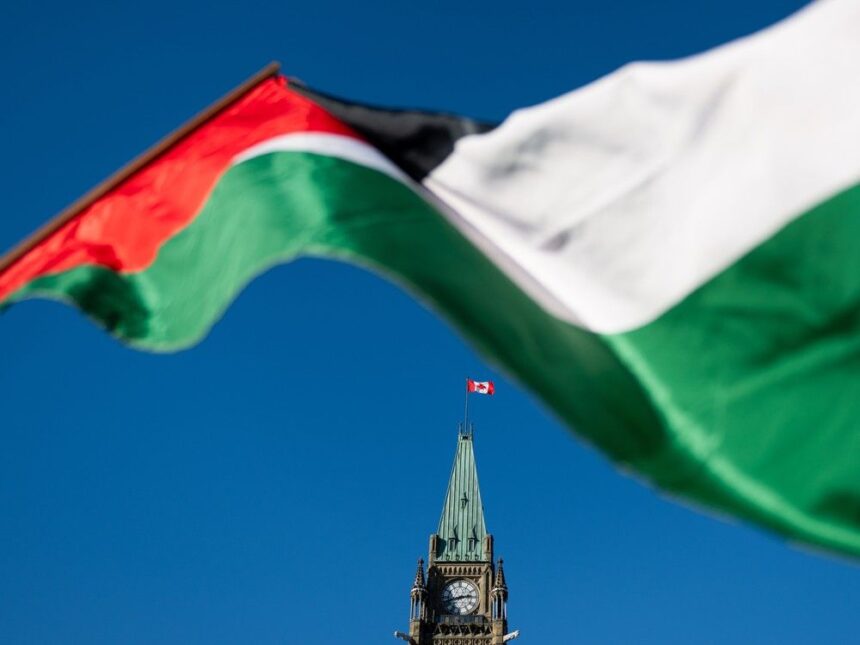In a sharp escalation of diplomatic tensions, Israeli officials have issued stern warnings to Canada regarding its potential recognition of Palestinian statehood, calling any such move a “grave mistake” that could damage bilateral relations. The admonition comes as Canada’s Liberal government faces mounting pressure from both domestic advocacy groups and international allies to take a definitive stance on the Palestinian question amid the ongoing Gaza conflict.
Israeli Ambassador to Canada Iddo Moed delivered the unambiguous message during recent diplomatic exchanges, emphasizing that unilateral recognition would “reward terrorism” and undermine prospects for a negotiated peace. “Any recognition of a Palestinian state outside the framework of direct negotiations between the parties would be counterproductive and potentially catastrophic for regional stability,” Moed stated in comments obtained by CO24 News.
The diplomatic friction emerges against a backdrop of shifting international positions. Several European nations, including Spain, Ireland, and Norway, have recently announced intentions to formally recognize Palestinian statehood—a trend that has alarmed Israeli officials who view such actions as premature and detrimental to Israel’s security concerns.
Prime Minister Justin Trudeau’s government has maintained a delicate balancing act, expressing support for a two-state solution while stopping short of formal recognition. Foreign Affairs Minister Mélanie Joly recently indicated that Canada is “considering all options” but emphasized that any decision would be made “in coordination with like-minded allies” and with careful consideration of regional complexities.
The issue has sparked heated debate within Canadian political circles, with the Conservative opposition warning against what they term “hasty diplomatic gestures.” Conservative foreign affairs critic Michael Chong argued that “recognition without the proper security guarantees for Israel would be irresponsible and potentially harmful to Canada’s long-standing position as an honest broker.”
Meanwhile, the NDP has called for immediate recognition, with leader Jagmeet Singh stating that “recognizing Palestinian statehood is not only morally right but essential for any meaningful peace process to move forward.”
The diplomatic pressure coincides with escalating humanitarian concerns in Gaza, where the death toll has surpassed 35,000 according to local health authorities, amid widespread destruction of civilian infrastructure. The United Nations has repeatedly warned of catastrophic conditions facing Palestinian civilians.
For Canadian businesses with ties to the region, the diplomatic uncertainty adds another layer of complexity. The Canada-Israel Free Trade Agreement, which celebrated its 25th anniversary in 2022, has fostered bilateral trade exceeding $1.8 billion annually—economic ties that could be strained by significant policy shifts.
Constitutional expert Peter Russell of the University of Toronto notes that “foreign policy decisions of this magnitude require careful calibration of moral principles, strategic interests, and diplomatic relationships.” He adds that “Canada’s historical commitment to both Israel’s security and Palestinian self-determination makes this a particularly challenging policy space to navigate.”
As global pressure mounts for resolution to the decades-long conflict, the question remains: can Canada formulate a position that both addresses the humanitarian crisis and maintains its influence as a constructive diplomatic partner, or will increasing polarization force a choice that inevitably alienates one side of this deeply entrenched conflict?










